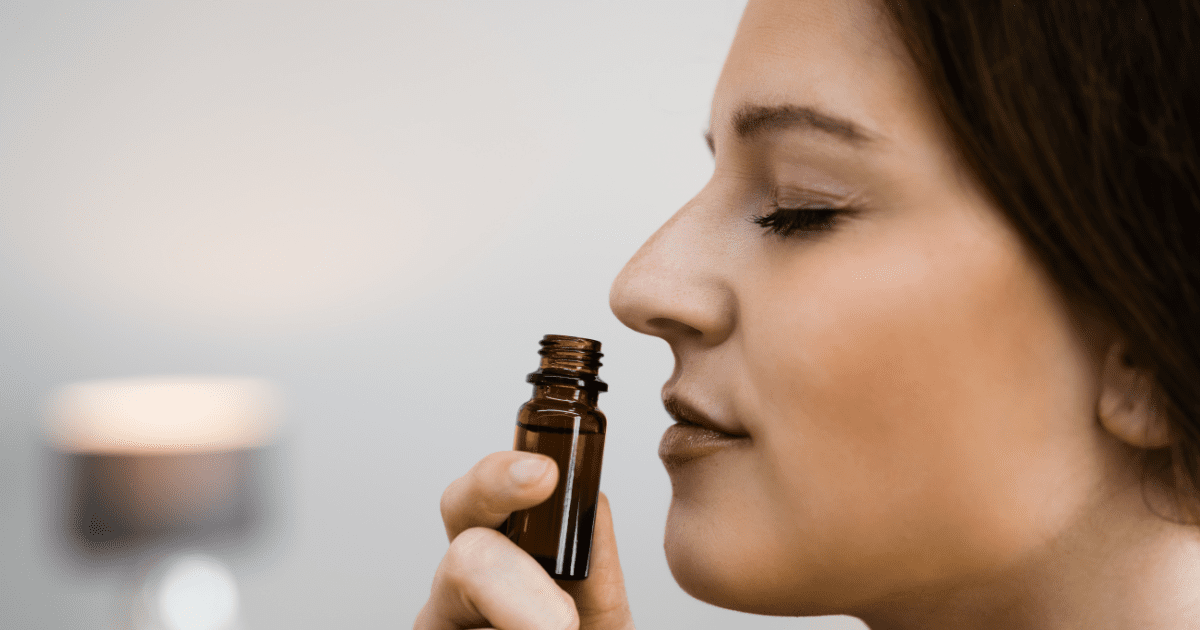
Thought
Memories, feelings and the sense of smell
This month’s health and wellness theme was Perfumery ran by Matt Matthias, Technical Director, SIERA. Working at an office and spending most of our day on a computer, it’s easy to neglect our senses. We are using our sight and sound constantly but how often do we take the time out of our day to notice how our body is feeling, our sense of taste, or our sense of smell? When practising mindfulness, you point your attention to different senses, and this activity got us thinking about what we can smell.
We were sent 24 different scents and each week we learnt about the art of perfumery followed by smelling them to identify the scent. Of course, we’re all familiar with what perfume is, but it was incredibly interesting and insightful to learn the history of it, how it’s made, and how the scents are acquired.
Smells can often trigger memories, known as “the Proust effect.” Scientists believe this is because of the anatomy of the brain, which allows olfactory signals to get to the limbic system very quickly. Memories associated with smells tend to be older and thought about less often, meaning the recollection is very vivid when it happens. When trying out the different perfumes, it brought up different memories for us, such as a place or a person which was fun to reminisce about.
The weekly activity was fun to get involved in, and it was great to be able to have the vocabulary to describe what we could smell and to have an activity that we could physically get involved in. Partly what made it so enjoyable was being able to listen to our colleague talk about something he’s passionate about, and I hope this opens a door for others to talk about their hobbies!
I’ve always been fascinated with perfumery and scents. There’s something about how they capture memories and feelings which I find exciting and which capture the imagination. During the first Covid lockdown, I found a perfumer who took their perfume course online and I jumped at the chance to learn more. Since completing the course I got more involved in buying more materials and exploring perfumery as a self-learner, and haven’t looked back. It’s not a cheap hobby, for sure, but learning about perfumery is super rewarding. You immediately realise just how much scents and perfumes form part of every day life. Be it in household products, or people you pass on the street, fragrance surrounds us daily. I found that understanding how they’re made, the history of common ideas and styles, makes the world all the more colourful and richer.
Matt Matthias













